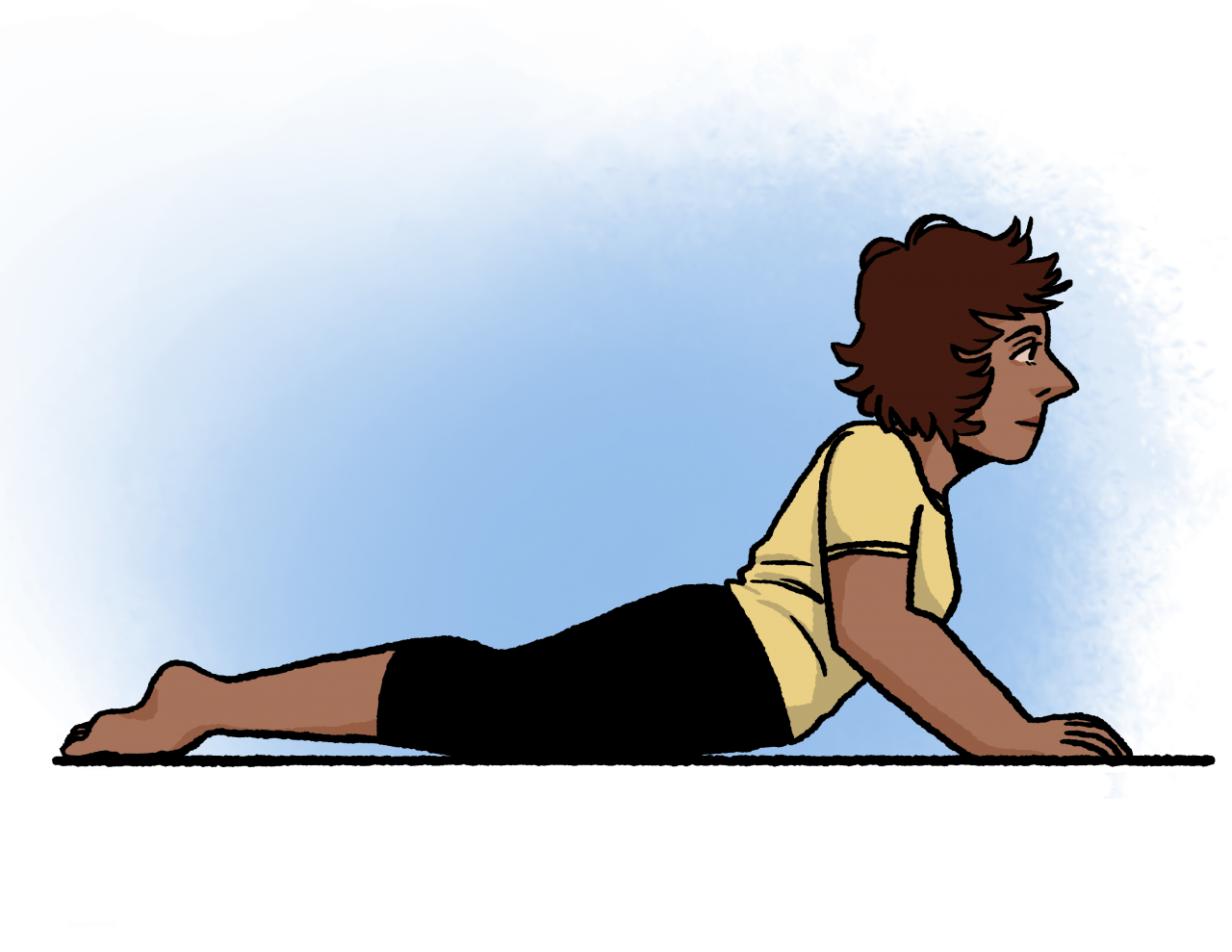illustration by Ren Rader
The coronavirus pandemic, Black Lives Matter, wildfires, the upcoming presidential election and other affairs have led to a stressful political climate that no individual can escape from in their everyday lives. While some feel mounting dread and hopelessness for the future, others cling to certain activities and lifestyles for a semblance of normalcy. I feel the dissonance between those who take the current situation seriously and those who choose to “live life normally,” ignoring the issues around them. I, myself, have felt silent anger for those who were out partying recklessly this summer, but I also somehow understand their “fuck it all” attitude and lifestyle. Either way, do other people’s actions really need to disturb my peace? Why should I worry about others when I have myself to look after? There is a delicate balance between caring about others and caring for yourself. Everyone has differing capacities for empathy, and without setting emotional boundaries, the lack of boundaries start to reveal themselves in relationships.
Within Instagram and Twitter politics, there is a sense of social obligation to be politically active or at least aware of the political climate. However, months of committing to staying on top of news and trying to help spread awareness for social issues can lead to compassion fatigue and a decline in your own mental health. Quarantining, through its ups and many downs, has made me very aware of the kind of content that I am consuming and how it influences my mood. Switching between Instagram, Twitter, the news and difficult dinner table talks, media input has been overwhelmingly negative for a while. I used to feel immune to certain “triggers,” but there are times when you are not in the right headspace to receive any sort of negative information. I never understood this concept until I experienced such hypersensitivity to negative messages, emotions, triggers, images and people.
Another experience I have never fully related to or understood until recently is insomnia. Good quality sleep is something that I think many of us take for granted, and sleep problems seem to be common for those in self-isolation. With exercising less, getting less sun and overthinking, sleep is an elusive destination. Higher education has equipped us with the ability to analyze as a way to make sense of reality, but the waking mind can become restlessly anxious in the absence of distractions. There were a few days where I couldn’t sleep well, and these nights became a turning point in how I structured my days and treated myself. Simple adjustments like taking more walks outside and stopping work after 10 p.m. quickly helped my circadian rhythm get back on track. An overanalyzing mind can suffer from existential dread and insomnia, and I have learned to value and yearn for simplicity of thought.
All of these points led me to the realization that I need to protect my inner peace. For me, this means prioritizing myself, which is surprisingly hard. My oversimplified everyday routine of eating-working-sleeping has actually made me more aware and careful about how I spend my time and whose energy I decide to handle. Taking breaks from social media and creating a relaxing environment helped the most in this pursuit. To me, happiness is a superficial goal, although I cannot say the same for others. I think it’s important for me to “choose” happiness every day, but it is not what will sustain me through difficult times when I feel emotions that are deeper. Constantly chasing happiness seems like a short circuit to obtaining peace, and peace of mind is the final destination. Although 2020 has been a year full of anxiety, time has forced me to go through lessons I would’ve otherwise been too busy to learn from.







Linda Britton • Sep 25, 2020 at 1:13 pm
Prioritizing oneself! Such an important reminder when our education culture focuses on thinking.
Hannah Wolf • Sep 25, 2020 at 12:54 pm
I LOVE YOU YUKIKO AMAZING READ YOU’RE DOING AMAZING SWEETIE